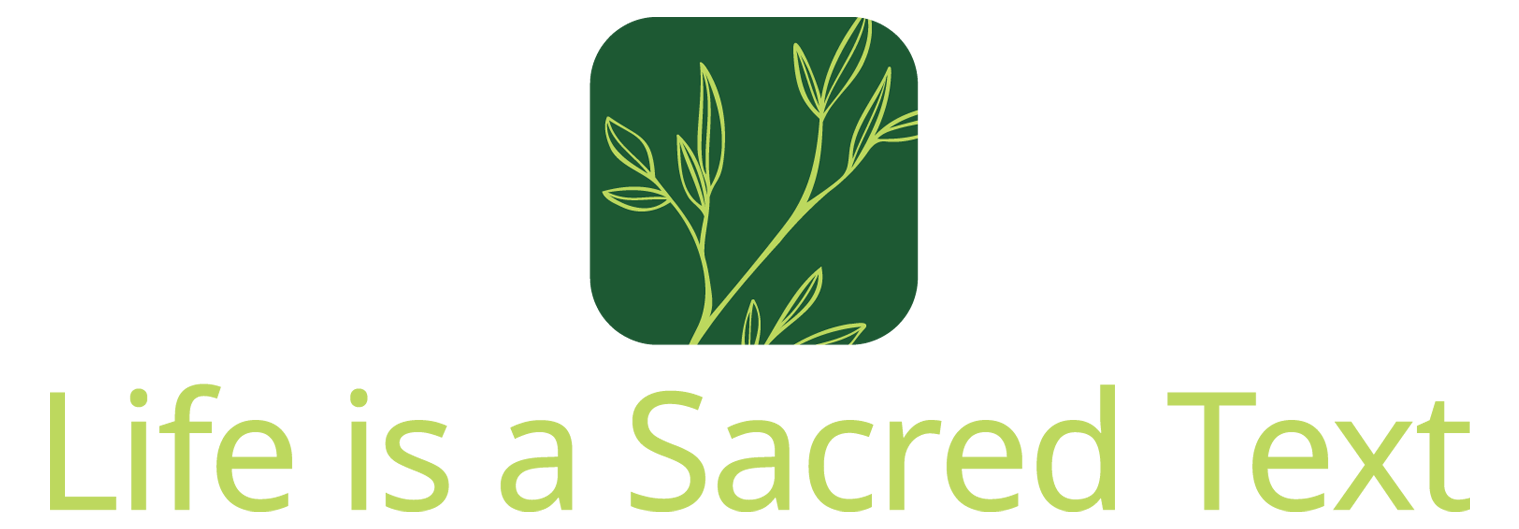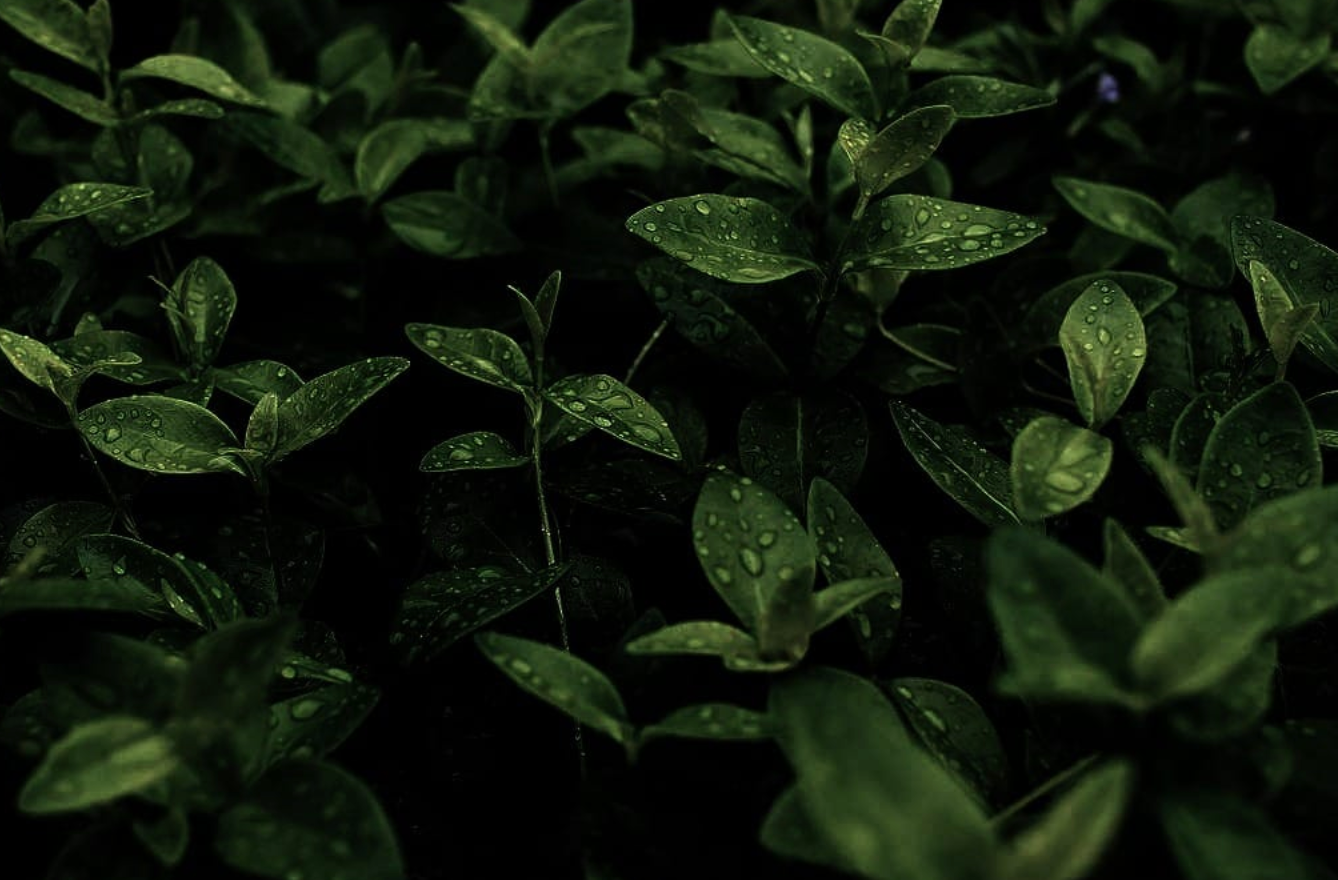Seder Sources and Resources

This is Life as a Sacred Text 🌱, an everybody-celebrating, justice-centered voyage into ancient stories that can illuminate our own lives. It‘s run on a nonprofit, so it’s 100% NAZI FREE. More about the project here, and to subscribe, go here:
So, friends. Pesach is here. I can hardly believe it.
This is a bit early (consider this your Monday post) so that everyone planning seders has a minute to read through things mid-soup making.
This post is, more than anything, something of a through-line of sources and resources– some I think are pretty fun, some plainly serious– on the themes of, and for possible use in, the seder tomorrow night.
If you're celebrating: Hag Sameach. If you're not, hope you find this a worthwhile journey nonetheless.
Needless to say: this is the holiday of liberation. Of ownership of work. Of the freedom and self-determination of people. The resources I'm including are stacked towards those I've been hearing a lot of requests for (Gaza/Israel) but I'm going to start with, and include throughout, some others that I think folks might be glad to see.
First up:
Let's dig up some gems from the archives talking about labor.
After all, what's the line between the story of the enslaved Israelites of the Exodus story and that of migrant laborers forced to dig for onions with their bare hands, under the threat of gun violence? Or prisoners forced to work for companies like McDonald’s, Walmart, and Coca-Cola lest they be sent to solitary confinement or jeopardize their chances for parole? What about for someone working for minimum wage that isn't a living wage? (1)
Suddenly, the logic of a Yiddish labor socialist Haggadah from 1919 seems a lot more self-evident.
The Jewish labor movement has old, deep roots, as we've discussed before. Jewish socialism began– well, one could point to a number of origin moments, starting around the 1830s, but the Bund, aka אַלגעמײנער ייִדישער אַרבעטער־בונד אין ליטע, פּױלן און רוסלאַנד / Algemeyner Yidisher Arbeter Bund in Lite, Poyln un Rusland / "The General Jewish Workers’ Union in Lithuania, Poland and Russia," began in 1897, growing out of, variously, the late 19th c. capitalization of crafts and breakup of traditional trade associations; the growth of a radical intelligentsia, the revolutionary, anti-Czarist vibe brewing, and other factors.
ANYWAY, in 1919, The Jewish Social Democrat Party, aka the Galician Bund, published a Passover Haggadah that's less about God's deliverance of the Jewish people from Egypt and more about calling for the people's revolution. (Which, you know, there's one thing Jews have historically done, it's fight Empire. Another post for another day about that.)
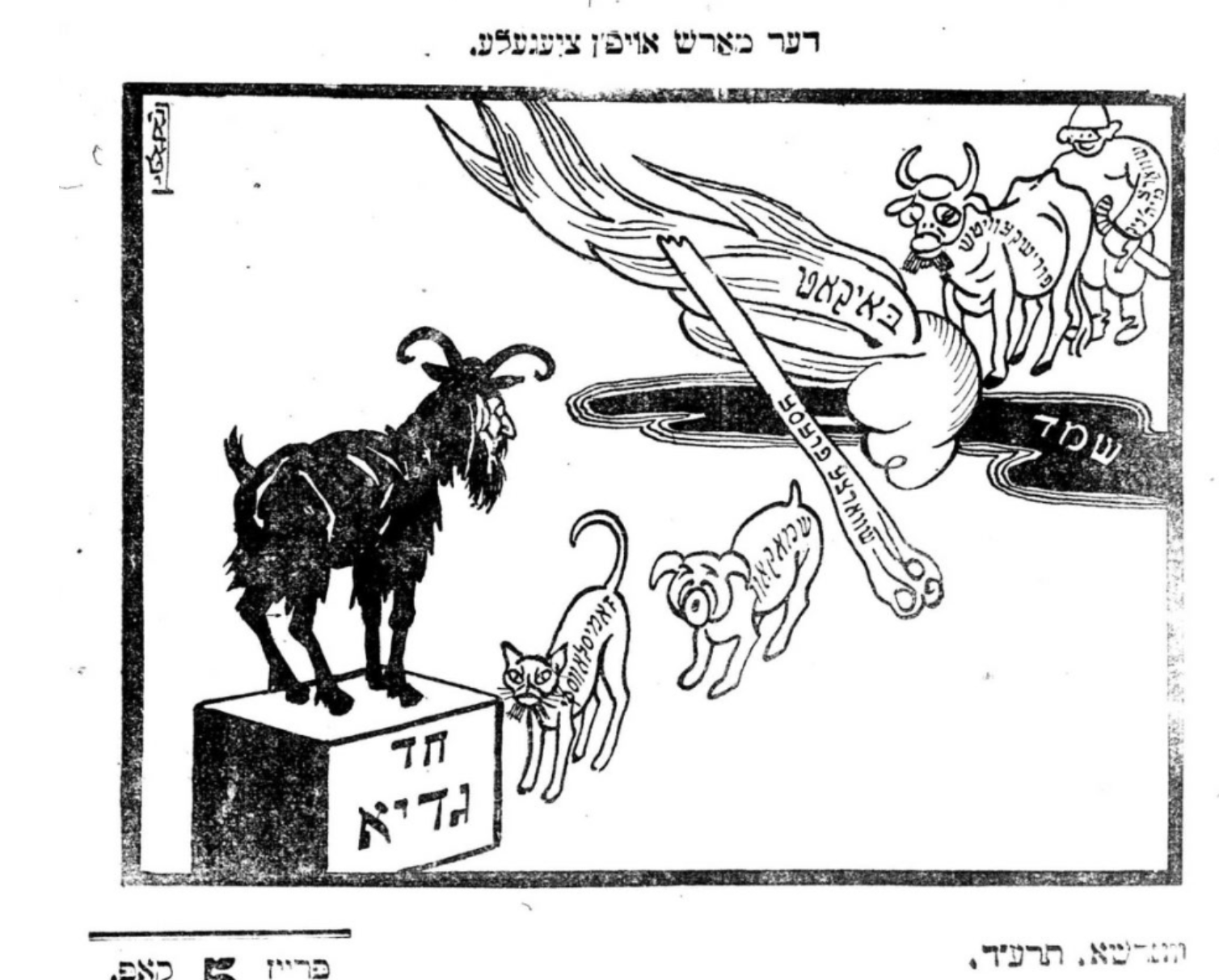
Thanks to Shlomo Jack Jaron Enkin Lewis and Daniel Kaplan for this translation of some classic excerpts (I'm only including the one below):
CHAD OYVEDYO—ONE WORKER
This is a satirical play on the classic Passover song Chad Gadya (original here, various reads on what it's "really" an allegory for, written in a mix of Aramaic and Hebrew.) It's– notable – that they've made the worker the goat and the father (who bought the worker!) the boss:
Chad Oyvedyo, Chad Oyvedyo—one worker, Dezabin [that he bought]—which Abba Mastera bought—my father the master, B’treh zuzim—for two pennies. Chad Oyvedyo, Chad Oyvedyo.
V’oso [Then Came]—Then came, Batlin—a bum V’okhl [and ate] and beat out the worker that my father bought for two pennies. Chad Oyvedyo, Chad Oyvedyo.
V’oso Khanoinee [Then came, o merciful one]—Then came the shopkeeper and displaced the bum that beat out the worker that my father bought for two pennies. Chad Oyvedyo, Chad Oyvedyo.
V’oso Moileh—Then came the loan shark and gobbled up the shopkeeper that displaced the bum that beat out the worker that my father bought for two pennies. Chad Oyvedyo, Chad Oyvedyo.
V’oso Bankireh—Then came the banker and wolfed down the loan shark that gobbled up the shopkeeper that displaced the bum that beat out the worker that my father bought for two pennies. Chad Oyvedyo, Chad Oyvedyo.
V’oso Bankruptseh—Then came a bankruptcy and annihilated the banker that wolfed down the loan shark that gobbled up the shopkeeper that displaced the bum that beat out the worker that my father bought for two pennies. Chad Oyvedyo, Chad Oyvedyo.
V’oso Crisiseh—Then came a crisis and scorched the bankruptcy that annihilated the banker that wolfed down the loan shark that gobbled up the shopkeeper that displaced the bum that beat out the worker that my father bought for two pennies. Chad Oyvedyo, Chad Oyvedyo.
V’oso Harevolutsye hagdoylo [Then came the supreme revolution]—Then came the socialist revolution and demolished the crisis that scorched the bankruptcy that annihilated the banker that wolfed down the loan shark that gobbled up the shopkeeper that displaced the bum that beat out the worker that my father bought for two pennies. Chad Oyvedyo, Chad Oyvedyo.
V’oso HaSocialism Borukh Hu—Then came socialism—blessed may it be—and ended the revolution that demolished the crisis that scorched the bankruptcy that annihilated the banker that wolfed down the loan shark that gobbled up the shopkeeper that displaced the bum that beat out the worker that my father bought for two pennies. Chad Oyvedyo, Chad Oyvedyo.
Yes, they totally deified socialism. (HaKadosh Baruch Hu is The Holy One, Blessed be God). I'm allowed to find this highly amusing, and I do.
(Come on, I'm pretty sure non-anthropomorphic God doesn't take Godself too seriously, in, uh, a non-anthropomporphic way.)
And hey, here's Chad Gadya in Judeo-Alsacian, Yiddish, Comtadine, Judeo-Spanish, Judeo-Arabic and more....
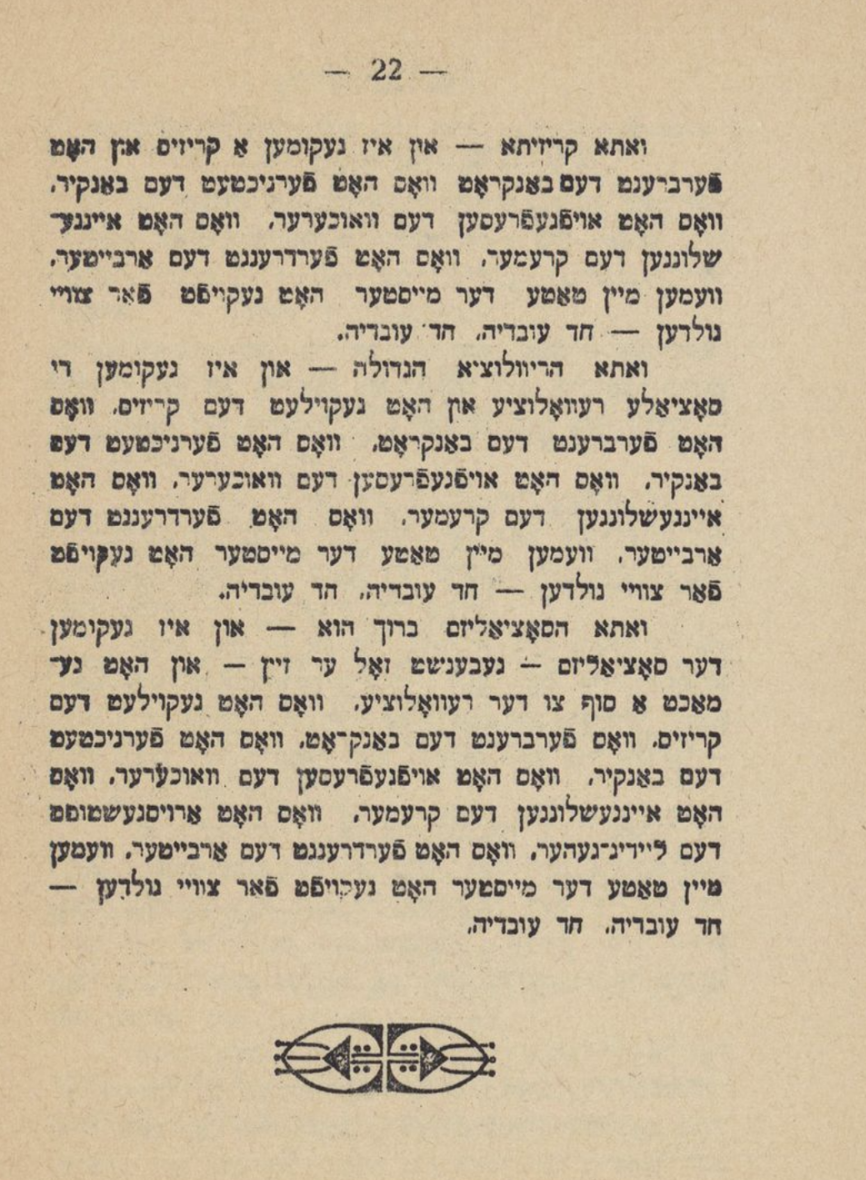
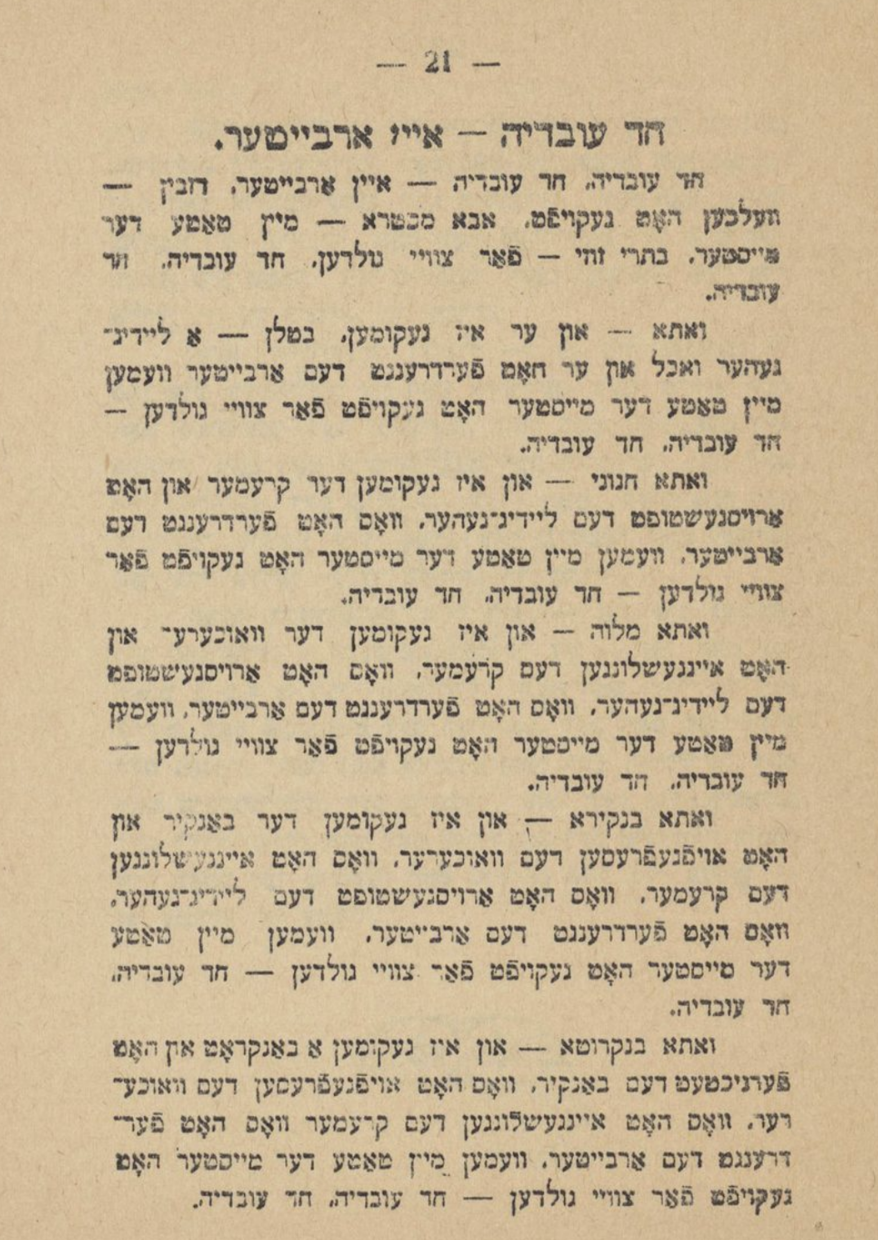
Chad Oyvedyo from the 1919 Socialist Nusach/Version Haggadah
Part of the Haggadah includes the recitation of Hallel, a series of psalms of praising the divine; Shlomo Jack Enkin Lewis translated the 1919 Haggadah's version here. So, for example, we see the socialist Psalm 118. The authors really got into doing these, I suspect.
Min Hametsar – from the constraints, from the oppression, peoples raise themselves up; they fight and become free. As long as they are united, they have no fear. What can anyone do to them? When they help their own selves, despots tremble! It is better to rely on one's own self, than to rely on demagogues. It is better to support one's own self, than to rely on aristocrats. This is what the peoples are now learning, and they are fighting for freedom, their protection and their stronghold. Their mighty hand is raised high, the hand of the peoples works wonders. We do not want to die; we want to live and enjoy the fruits of our labour! Open quickly for us the gates of happiness, let us too tarry there! We have been tormented enough. There must at last come salvation!
THE FOUR QUESTIONS
An 1887 edition of the Arbeter Fraynd– a socialist paper published in London– reworked the Four Questions ("Why is this night different than all other nights?"– which is actually one question and four answers, if you look closely, yep). Their edition read as one might expect a poor laborer to say:
Ma nishtane, why are we different from Shmuel the manufacturer, from Meyer the banker, from Zorach the money lender, from Reb Todros the rabbi? They don’t do anything and they have food and drink during the day and also at night at least a hundred times over, we toil with all our strength the whole day and at night we have nothing to eat at all.
Needless, to say, there is an urgency to this question today– from a different vantage– that cannot be ignored.
As the wonderful Rabbi Avigail Halpern writes,
The image of people frantically fleeing, attempting to bring as much food as they can carry while under the shadow of an empire's military assault is an essential part of the Pesach narrative. This is the story of matzah, carried on the backs of the Jewish people as they fled enslavement in Mitzrayim [Egypt, lit. "the narrow place."] We are commanded every year to eat matzah in a way that echoes this panic.
This is found in a new, searing seder supplement by three groups working to promote peace, equality, and justice in Israel and fight the Occupation (2) It's got a stellar lineup of scholar-activists and can be found here.
It also includes this blistering piece, from Rabbi Lara Haft Yom Tov:
Ha lachma anya, the very first line of Maggid, is meant to be an unambiguous, immediate call to feed the hungry, understood easily by every Jew.
While most of the text of the seder is in Hebrew, ha lachma anya is written in Aramaic. This text was added to the Seder by the Jewish community of Babylonia, for whom Aramaic was the vernacular. It is written in the lingua franca, using simple language that would have been understood even by young children...
Pesach stirs us to proclaim the simple truth... That life is sacred. That God hears the screams of the oppressed. That we have to feed those who are starving.
We must commit ourselves to these simple truths of our tradition, never surrendering them to rancid metaphor.
This is the bread of affliction. Let all who are hungry come and eat.
This year, Gashmius Magazine has created a Haggadah supplement with new writings and some less-well-known Hasidic texts, all framed with discussion questions to make the texts more personally meaningful. Some address Gaza/Israel, some are more personal and introspective, or communally focused. Overall, I think it's well done and worth checking out.
More resources about this year:
- Rabbis Jenna Shaw and Lev Meriowitz Nelson of T'ruah put together this seder supplement that holds space, beautifully, for conversation and reflection on the last six months that can work at seder tables with family who may be in a whole range of places around the atrocities of this last year.
- T'ruah also does a lot of work on worker justice and the Fair Food Program, and have a ritual around marking that commitment in the seder, developed in collaboration with The Coalition of Immokalee Workers (CIW).
(Psst: 👇 👇 👇 👇 )
Did I mention that I'm being honored by T'ruah in June with the Rabbinic Human Rights Hero Award?? Join me, either in NYC or virtually?
- Rabbi Rachel Barenblat's Bayit put together this collection of poems and readings on Israel and Gaza trying to hold a multiplicity of perspectives.
- Kohenet Keshira haLev Fife wrote a Lo Dayeinu-- "It Is Not Enough For Us," to name that, this year especially, "while we have much to be thankful for, in many ways, it is not enough... especially when so many are still yearning for freedom."
- Rabbi Steven Philp of Mishkan Chicago wrote this reflection on this moment that could easily be a seder reading.
Tunes!
- Here are some tunes from Piyyut North America with Passover songs with Indian, Moroccan, and Moroccan-Spanish melodies.
- Here's a database of Yiddish melodies to Pesach tunes.
- Here's a stunning wealth of stuff from the Israeli National Library's Piyyut Project– search and etc. all in Hebrew, I'm afraid, but filtered for Passover.
And hey, it's my friends Rabbis Yosef Goldman and Annie Lewis singing Eliyahu Hanavi:
And a few past posts that might be of interest:
Who Does Most "Clear Out The Inner Chametz" Torah Serve and How Else Might We Understand it?
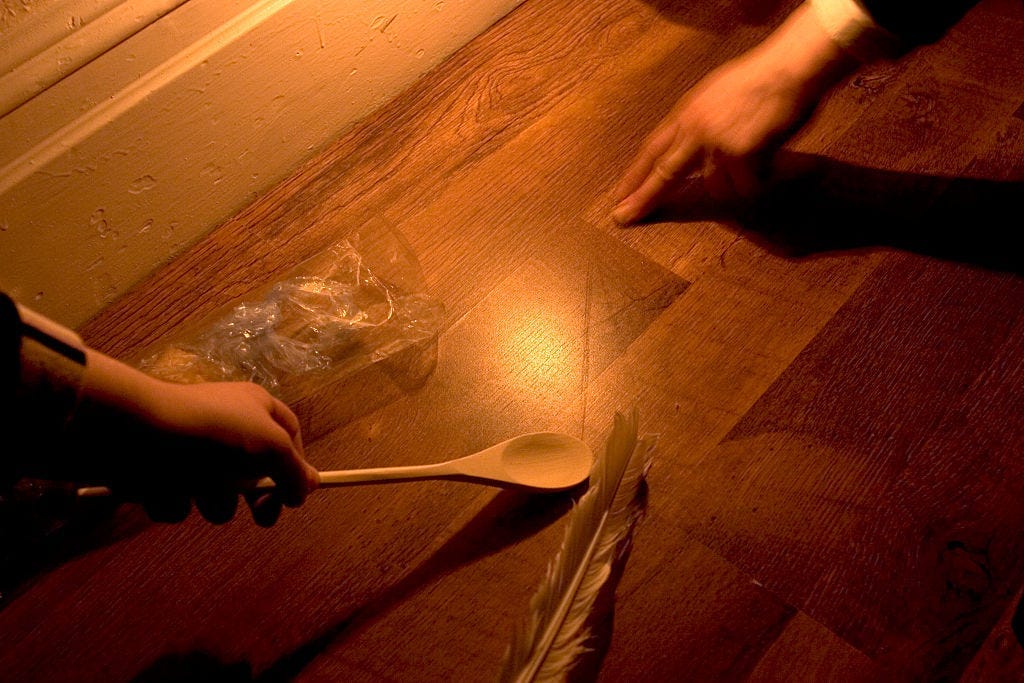
Considering the Plagues from the Enslaved Israelites' Perspective:

Various Grapplings With The Moral Challenges of the Tenth Plague
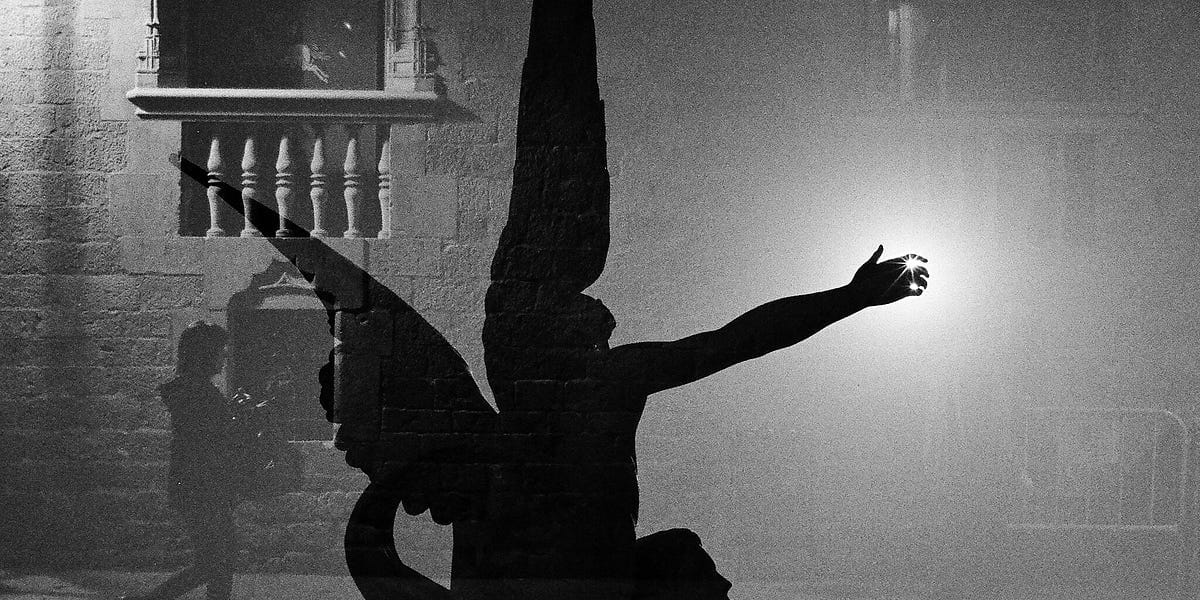
Discussion Questions on the Four Children:

And I'll close with these last two texts.
This teaching by Rabbi Abraham Joshua Heschel on the nature of liberation:
A major root of freedom lies in the belief that [hu]man, every [hu]man, is too good to be [enslaved] to another [hu]man. However, the dynamics of our society, the cheapening and trivialization of existence, continues to corrode that belief. The uniqueness and sacred preciousness of [the hu]man is being refuted with an almost cruel consistency....What is involved is dehumanization.. The glory of a free society lies not only in the consciousness of my right to be free, and my capacity to be free, but also in the realization of my fellow [hu]man's right to be free, and [their] capacity to be free. (Rabbi Abraham Joshua Heschel, The Insecurity of Freedom, 1954)
And this poem, written by Muriel Rukeyser in 1973. (Related, maybe: this, this.)
Miriam: The Red Sea
Muriel Rukeyser
High above shores and times,
I on the shore
forever and ever.
Moses my brother
has crossed over
to milk, honey,
that holy land.
Building Jerusalem.
I sing forever
on the seashore.
I do remember
horseman and horses,
waves of passage
poured into war,
all poured into journey.
My unseen brothers
have gone over;
chariots
deep seas under.
I alone stand here
ankle-deep
and I sing, I sing,
until the lands
sing to each other.
If you're celebrating: chag Pesach sameach.
May we all begin to find collective liberation this year.
Like this? Get more of it in your inbox every week. 🌱
For free every Monday—sign up at the ‘Subscribe now’ button just below.
And if you become a paid subscriber, that's how you can get tools for deeper transformation, a community for doing the work, and support the labor that makes these Monday essays happen.
A note on the subscription model:
I want my work to be as accessible to as many people as possible, in as many ways as possible. That's why the Monday essays are free, and why we donate subscriptions to anyone for whom paying is a barrier to the House of Study posts.
I also believe people should be paid fairly for their work. Needless to say, these two values sometimes seem to be in conflict, but I do what I can to find a fair balance. I offer many resources for free, and charge for others. When you donate generously or pay at the top of our scale, that helps support the work I do, provides access for those who have fewer resources, pays for the infrastructure and the technical and practical support that it takes to do this, and helps us keep the work sustainable.
And as always, if you want in to the Thursday space but paying isn't for you now, just email support@lifeisasacredtext.com and we'll hook you up.
And if you’d like to underwrite one of these donated subscriptions, you can do so by signing up at one of the higher subscription points.
And if it resonated with you, please share this post.
Sending a big pile of blessings and goodness your way. 💕
FOOTNOTES
[1] Worker justice today
[2] Three groups fighting the Occupation
And this is an especially important time to talk about labor, on the heels of last year's Hot Union Organizing 2023 (union election filings hit 2,776 in 2023, an increase of 187 from the previous year), the pro-labor movement is still going strong.Starbucks has finally said that they'll stop union-busting (400 of its stores are already union shops), the UAW is going hard these days, and Disney employees just filed an election petition with the National Labor Relations Board. We're seeing organizing everywhere from Wells-Fargo and Apple to Off-Broadway stagehands and President Biden's own staff. ↩︎
Specifically, Halachic Left, All That’s Left, and HaSmol HaEmuni. ↩︎
